Statement on the Language of the Winning Film in the UFFB 2025 Short Film Competition
“Can You Hear Me?” by Anastazja Naumenko
This year’s winner of the Ukrainian Film Festival Berlin’s Short Film Competition is “Can You Hear Me?” by Anastazja Naumenko, selected by an international jury. Shortly after the announcement, the festival received a wave of criticism because the dialogues in the film are in russian. We would like to address this situation below.
Showing a film in russian at the festival does not imply giving a platform or support for the language of the aggressor. The film is an animated documentary, and its audio recordings – private conversations between a mother and her daughter – were made before 2022. In this specific case, the use of russian was not a conscious decision to endorse russian language when ukrainian was an equal alternative. As a documentary, it shows the complex linguistic situation in Ukraine, particularly as it existed before 2022.
The russian language appears in many contemporary Ukrainian documentaries. To completely exclude such works would mean distorting a significant part of Ukrainian reality and thereby diminishing several films from this year’s festival program.
The speakers in these films are mostly Ukrainians, who, as a result of centuries of colonial policy and systematic russification, use russian as their first or colloquial language. This historical reality cannot be ignored, and it is our shared responsibility to address and reflect on it thoughtfully.
As a festival, we included the film in the program for its impressive animation and its sensitive exploration of the often complex communication between generations. A film becomes part of the Ukrainian Film Festival program not only because it addresses specifically Ukrainian topics, but also because it touches on universal human issues that resonate with international audiences. In this case, the language used is a truthful reflection of Ukraine’s linguistic reality before 2022. Moreover, in this film, the use of russian in communication with the older generation – our parents – often in private contexts, once again emphasizes intergenerational trauma and communication difficulties, while the younger generation increasingly chooses Ukrainian as their primary language.
As a festival, we do not support the russian language, but we support truthful documentary works and artworks that realistically portray the multilingualism of Ukraine.
Because the winning film is seen as representative of the festival, this decision has been interpreted by some as an endorsement of the russian language. We would like to clarify that, as a festival, we cannot influence or alter the decision of the jury. The jury included Ukraine-based members representing leading documentary platforms in the film industry. Moreover, all major Ukrainian film festivals – such as Docudays UA, Molodist, and the Kyiv International Short Film Festival – also include films featuring the russian language in their programs. In this sense, UFFB does not stand apart from the broader Ukrainian festival landscape, which collectively represents Ukrainian cinema in its diversity.
However, we acknowledge and deeply regret that no accompanying note or contextual discussion was offered during the festival—such as a conversation with the director or a Q&A—where the question of language choice could have been addressed. This was an oversight on our part, for which we sincerely apologize. In the future, we will ensure that such contextual formats become an integral part of our festival practice.
For us, a critical engagement with language and colonial history does not mean excluding films that feature multilingualism, but rather ensuring their contextualized presentation—through content notes, explanatory materials, and accompanying discussions. We acknowledge that this was not fully implemented this year and sincerely apologize once again.
We take the public discussion that has arisen as an opportunity to further develop our curatorial practice and to approach questions of language, identity, and historical responsibility with greater sensitivity, transparency, and reflection in the future.
Team of the Ukrainian Film Festival Berlin
Nov. 3rd, 2025
